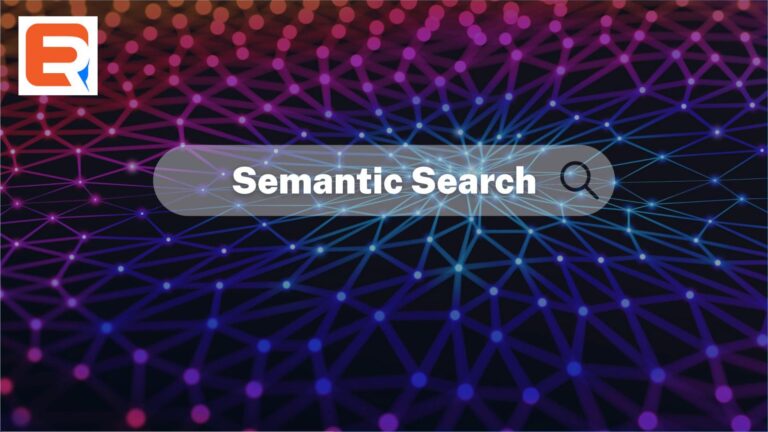In the vast digital landscape of today, finding relevant information has become increasingly challenging. Traditional search engines often rely on keyword matching, leading to imprecise results. However, with the advent of semantic search, a new era of information retrieval has emerged. Semantic search leverages advanced algorithms and natural language processing techniques to understand context, user intent, and the meaning behind search queries, enabling more accurate and relevant search results. This article aims to delve into the concept of semantic search, explore its underlying technologies, and highlight its impact on transforming the way we interact with information online.
Understanding Semantic Search
Semantic search goes beyond the limitations of keyword-based search by comprehending the intent and context of a user’s query. Rather than matching exact keywords, semantic search engines focus on understanding the underlying meaning of the query and the content available on the web. By considering factors such as synonyms, related concepts, user location, and past search behaviour, semantic search provides more precise results that align with the user’s intent. It bridges the gap between human language and machine understanding, enabling search engines to “think” and interpret queries more intelligently.
Technologies Behind Semantic Search
Semantic search relies on several key technologies to deliver accurate and relevant results. Natural Language Processing (NLP) plays a pivotal role, allowing search engines to analyze and interpret human language. NLP techniques such as entity recognition, part-of-speech tagging, and sentiment analysis aid in understanding the context and meaning of search queries. Another critical technology is knowledge graphs, which organize vast amounts of structured and interconnected data to enhance search results. Knowledge graphs represent information in a semantic format, linking entities and their relationships to provide a richer understanding of the subject matter.
Machine learning algorithms also contribute to semantic search. These algorithms leverage vast amounts of data to train models that can identify patterns, recognize user intent, and predict relevant search results. Additionally, semantic search engines use techniques like latent semantic indexing and semantic similarity to establish connections between words and concepts, further enhancing search accuracy.
Benefits and Impact
Semantic search offers numerous benefits to both users and businesses. Users experience more accurate and personalized search results, saving time and effort. Semantic search also facilitates natural language queries, allowing users to search using everyday language rather than specific keywords. Moreover, it supports voice-based search, making it more user-friendly in the era of smart devices.
For businesses, semantic search presents opportunities to improve website visibility and reach the right audience. By optimizing content for semantic search, businesses can ensure that their web pages align with user intent and rank higher in search engine results. This drives organic traffic and enhances user engagement, ultimately leading to increased conversions and revenue.
Conclusion
Semantic search has revolutionized the way we interact with information on the internet. By going beyond keywords and considering user intent and contextual understanding, semantic search engines provide more accurate and relevant search results. With advancements in natural language processing, knowledge graphs, and machine learning, semantic search continues to evolve, enabling us to navigate the vast digital landscape more effectively. Embracing semantic search techniques empowers businesses to enhance their online presence, while users benefit from an improved search experience that caters to their specific needs and preferences.




